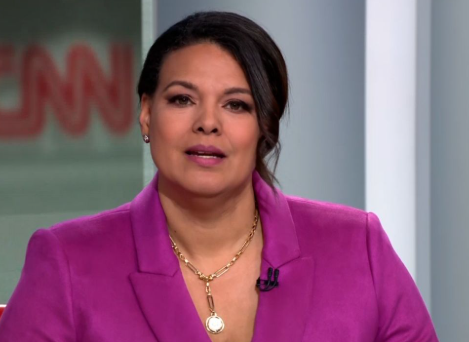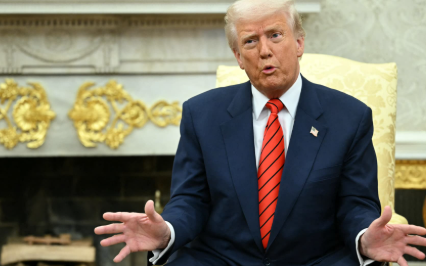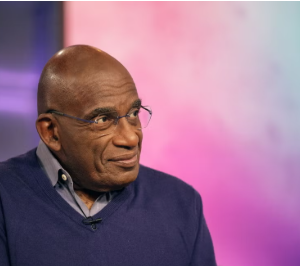CNN Host Mocks Fox News for Coverage as Stocks Plunge Over Trump Tariffs

The tension between major news networks often reveals differing interpretations of significant financial events and political decisions. Recently, CNN anchor Sara Sidner spotlighted the contrasting coverage of the stock market’s downturn following President Donald Trump’s announcement of steep tariffs. This commentary underscores the complexities of how news can shape public perception and understanding, especially in times of economic uncertainty.
A Stark Comparison: CNN vs. Fox News Coverage

In a striking segment, Sidner compared the responses of CNN and Fox News to the market’s freefall triggered by Trump’s tariff policies. The economic landscape took a drastic turn following what the President dubbed “Liberation Day.” As the stock market reacted negatively to the newly imposed tariffs, Sidner highlighted that Fox News referenced the crisis only three times in a given timeframe, while CNN brought it up on 19 occasions and MSNBC even more with 25 mentions. This stark contrast reflects deeper editorial choices and priorities of the two networks.
Investors initially reacted with alarm to the broad-ranging tariffs, which were expected to affect numerous industries. The market’s decline suggested a ripple effect on the economy, creating uncertainty for businesses and consumers alike. However, despite these alarming signals, the coverage from Fox News framed the narrative differently, opting to emphasize a reaction from the public supporting Trump’s decision rather than the economic implications.
The Disconnect Between Market Reaction and Public Sentiment

During the broadcast, Fox & Friends host Lawrence Jones sought to highlight what he described as a disconnect between the stock market’s adverse reactions and the public’s seeming enthusiasm for Trump’s policies. He pointed to supportive crowds gathered for Trump’s announcement, reflecting the belief among many that the tariffs would ultimately protect American jobs and contribute to a stronger economy. This disconnect generates a fascinating debate about how media coverage can influence public sentiment, and vice versa.
- Supporters of the tariffs echo confidence in a reinvigorated job market.
- Critics argue that the short-term economic pain may overshadow potential long-term benefits.
This contrasting narrative raises questions regarding the role of media outlets in informing the public. While one network might focus on immediate economic trends, another may highlight public support for policy decisions, regardless of accompanying financial fallout. This divergence can lead to confusion among viewers who may struggle to reconcile conflicting reports.
Understanding the Broader Economic Implications

The broader implications of the tariffs, and the subsequent market decline, extend beyond just the immediate financial snapshot. Amidst the backdrop of Trump’s announcement, fears of escalating trade wars and their potential impacts on international markets raised alarms among economists. The tariffs were aimed at addressing trade imbalances, but the consequences on domestic industries, consumer prices, and international relations posed complex challenges.
As the media narrative unfolds, it becomes increasingly evident how reporting strategies can shape public discussions on key economic policies. A thorough understanding of both market analyses and social sentiments may contribute to more nuanced conversations surrounding the effectiveness of such tariffs.
- The tariffs have sparked significant debate about their long-term sustainability.
- How they will influence relations with global trading partners remains to be seen.
This moment encapsulates a critical junction where economic theories, public sentiment, and news coverage intersect. The way forward will depend on how both networks and viewers engage with the evolving economic landscape presented by these policies.

Overall, the contrasting responses from CNN and Fox News following Trump’s tariff announcements underscore a crucial moment in media coverage of economic issues. As tariffs continue to stir debate and uncertainty in the market, the importance of comprehensive reporting cannot be overstated.
To stay informed about ongoing developments in economic policies and their implications, consider subscribing to reputable financial news sources for balanced perspectives.





